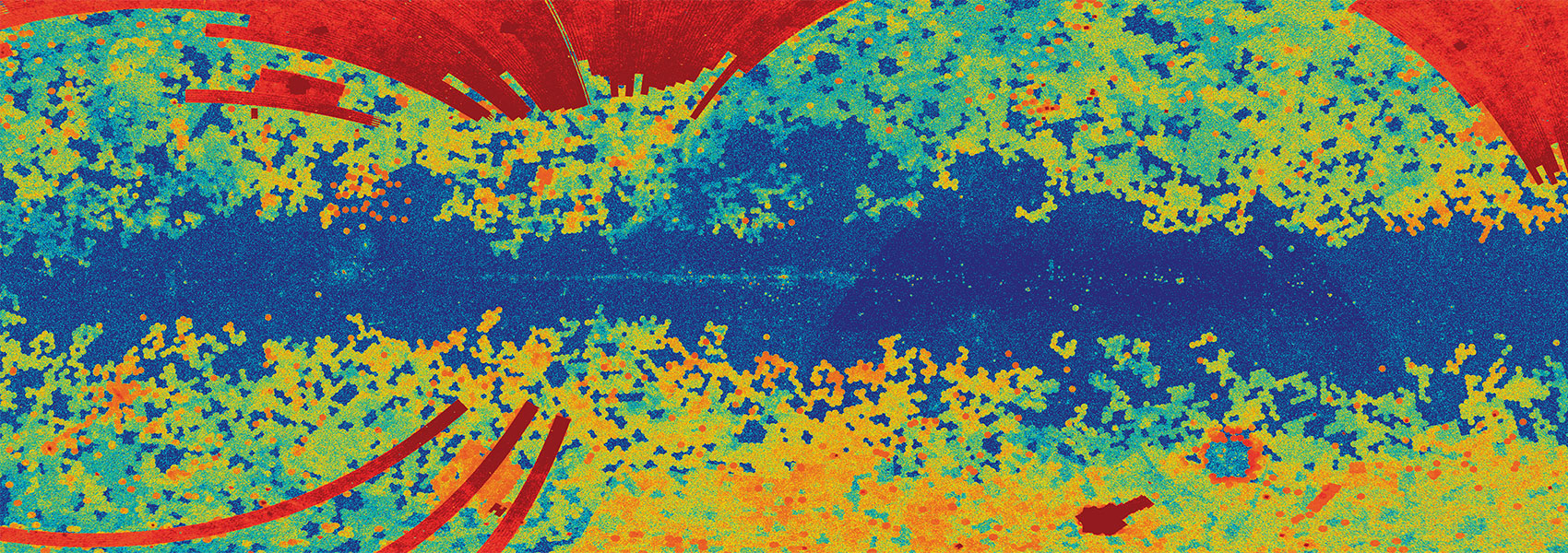
IPAC Lunch Seminar: Timothy Eifler (University of Pennsylvania) Constraining cosmology and dark energy models with current and future wide-field imaging surveys
The Dark Energy Survey (DES) has recently completed its science verification phase and will start regular survey operations in Oct 2013, observing 2500 square degrees (23.5 mag i-band) by March 2014. This high quality data set will be extended to 5000 square degrees (24 mag i-band) over the next 4 years and it poses new challenges for the precise modelling of observables of the Universe's Large-Scale Structure (LSS), and its astrophysical and observational systematics. The tightest constraints on cosmology and dark energy models will be obtained from a joint analysis of all probes (e.g., weak lensing, galaxy clustering, and magnification) that can be extracted from the DES data set. Such joint analyses face several difficulties: First, the cosmological information is highly correlated, which requires a joint likelihood including all cross correlations between the individual probes. Second, even more problematic are the correlations of various systematic effects originating from astrophysics and the measurements themselves. In this talk I will outline a coherent framework for a joint likelihood analysis of LSS observables, specifically addressing the problems of correctly modelling the non-linear evolution of the density field, the impact of baryonic physics and the importance of precise modelling of cross-correlation terms in the covariance. I will summarize plans to apply this framework to DES data and outline necessary improvements for future data sets from LSST, Euclid, and WFIRST.
- Date: May 8th, 2013
- Location: MR LCR


